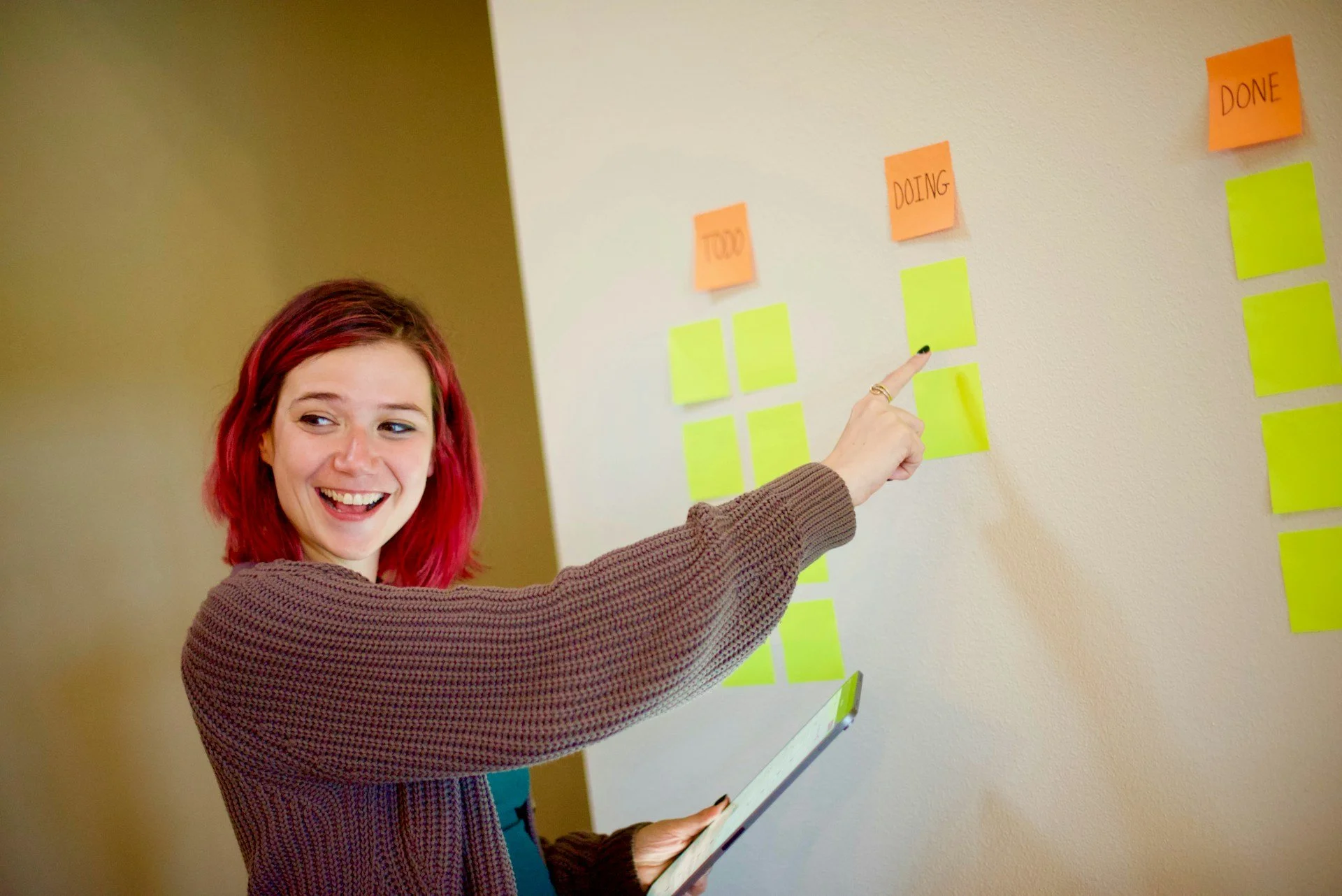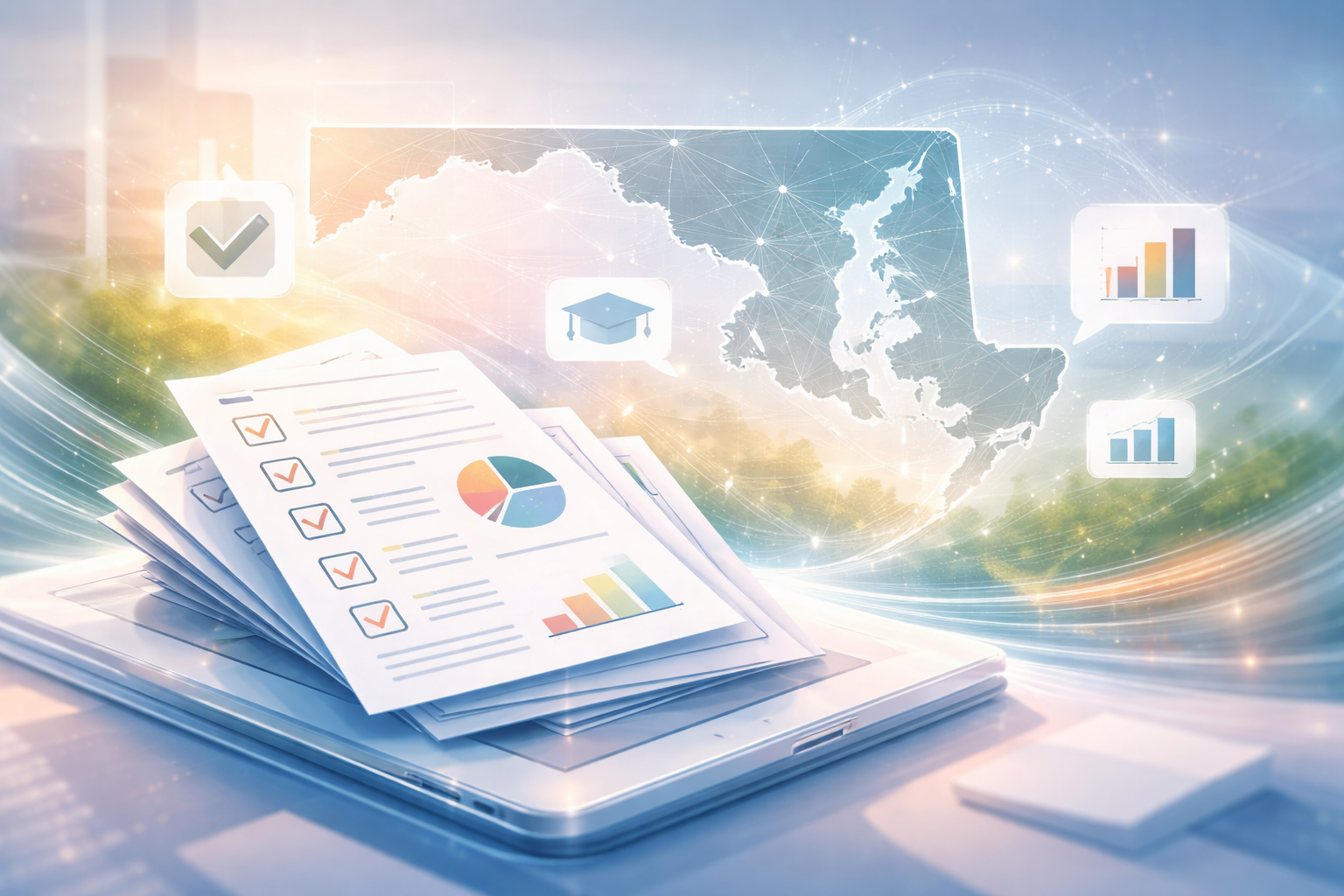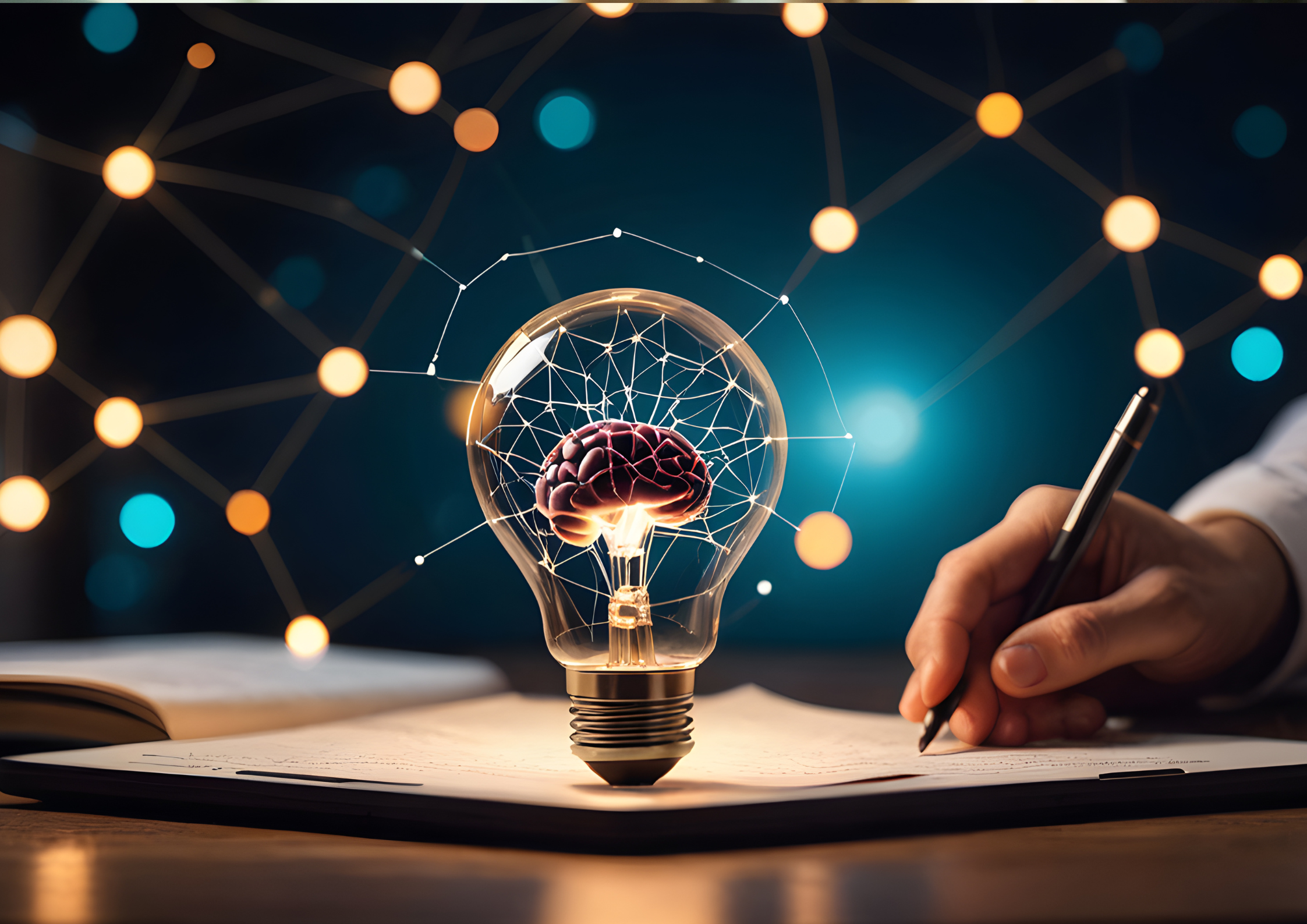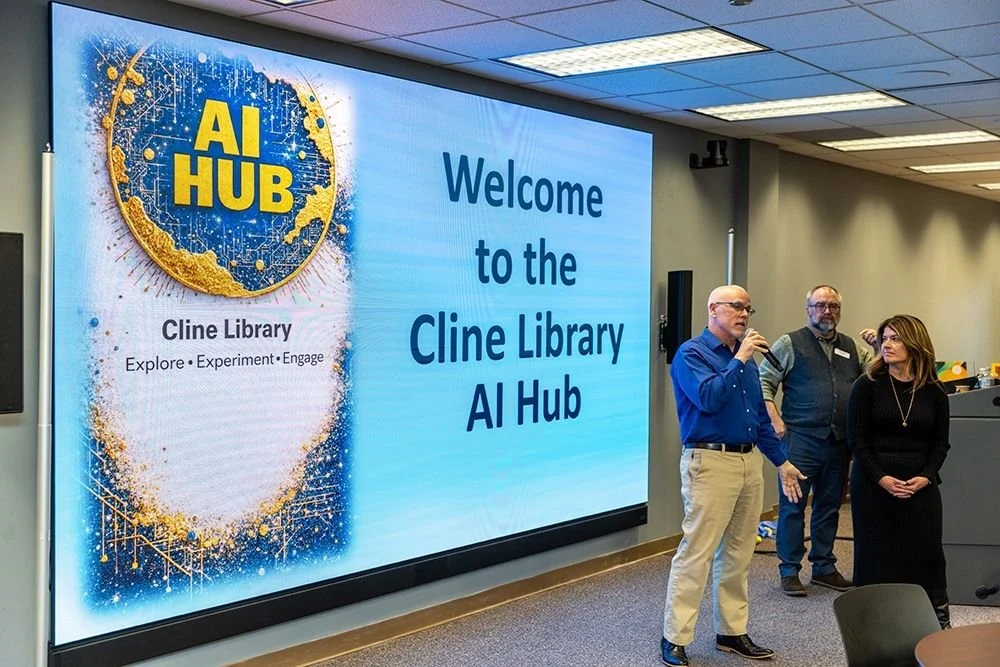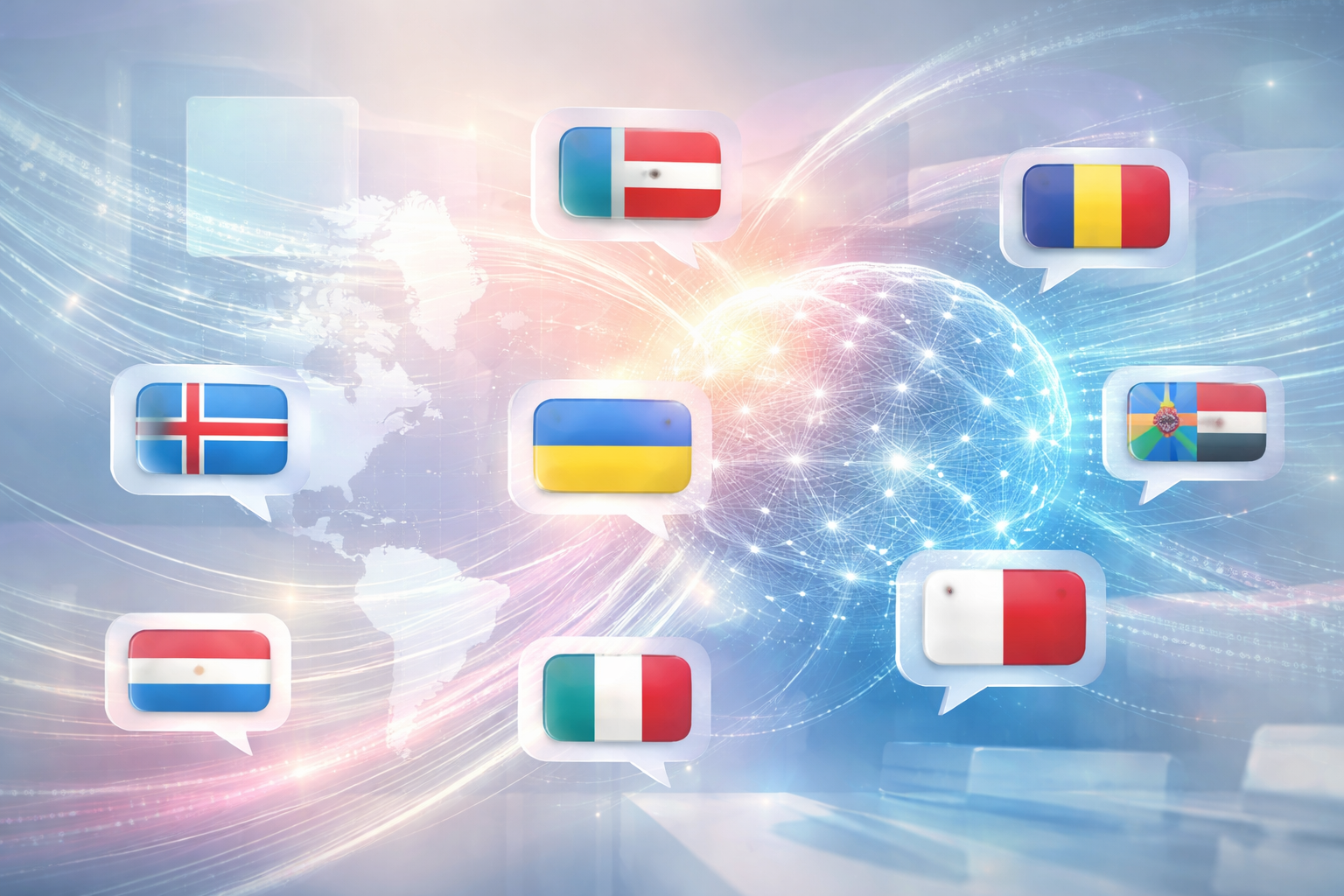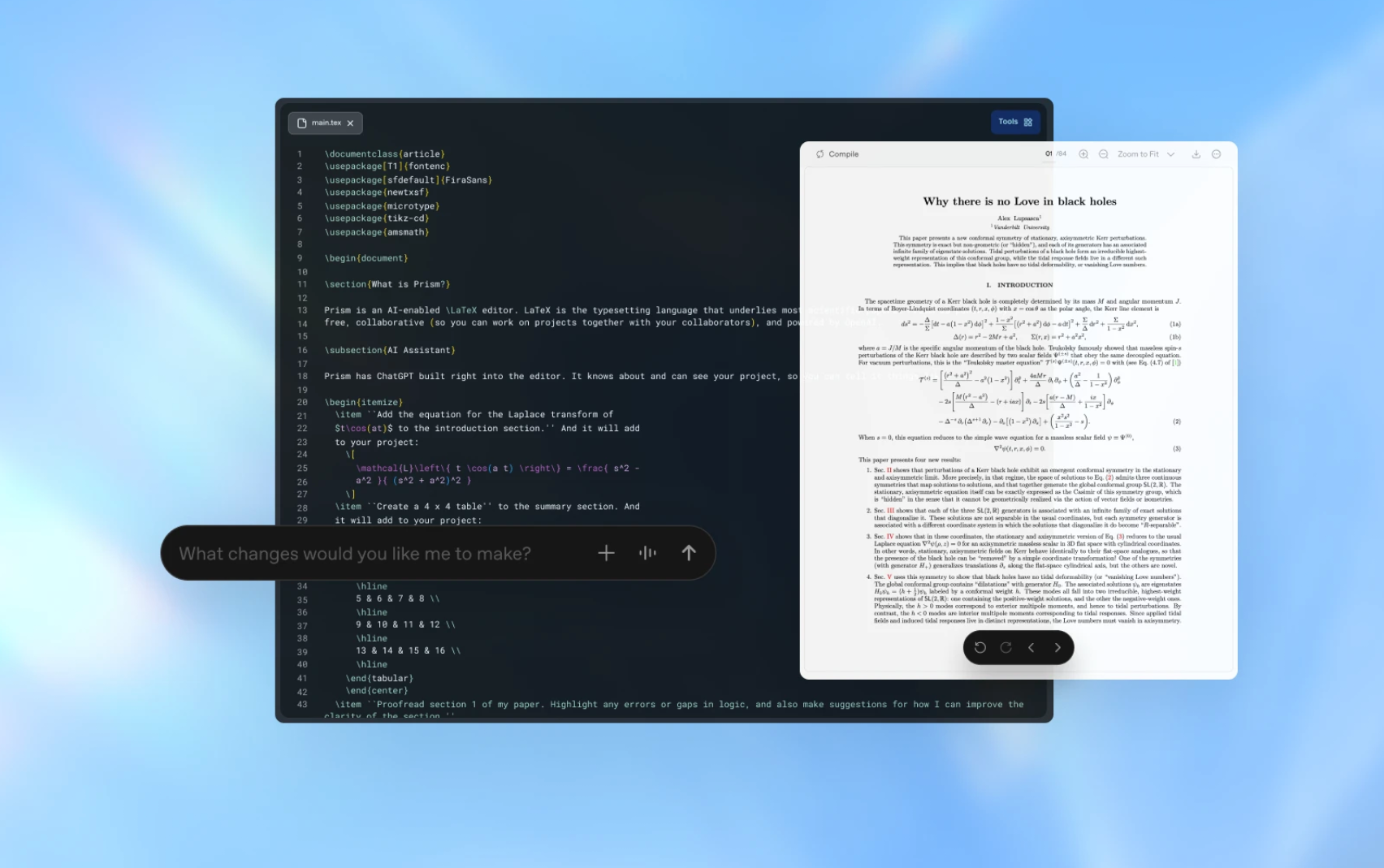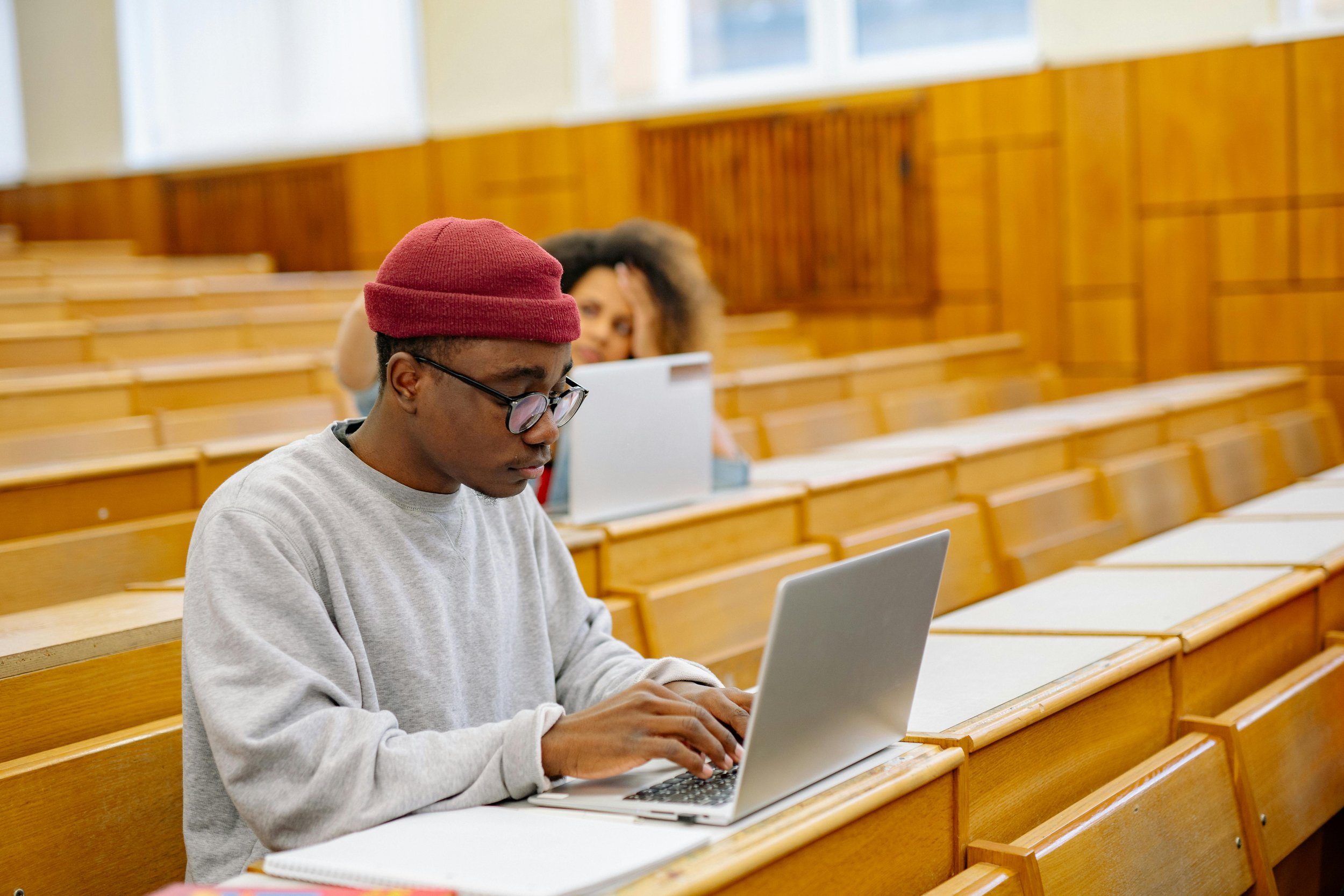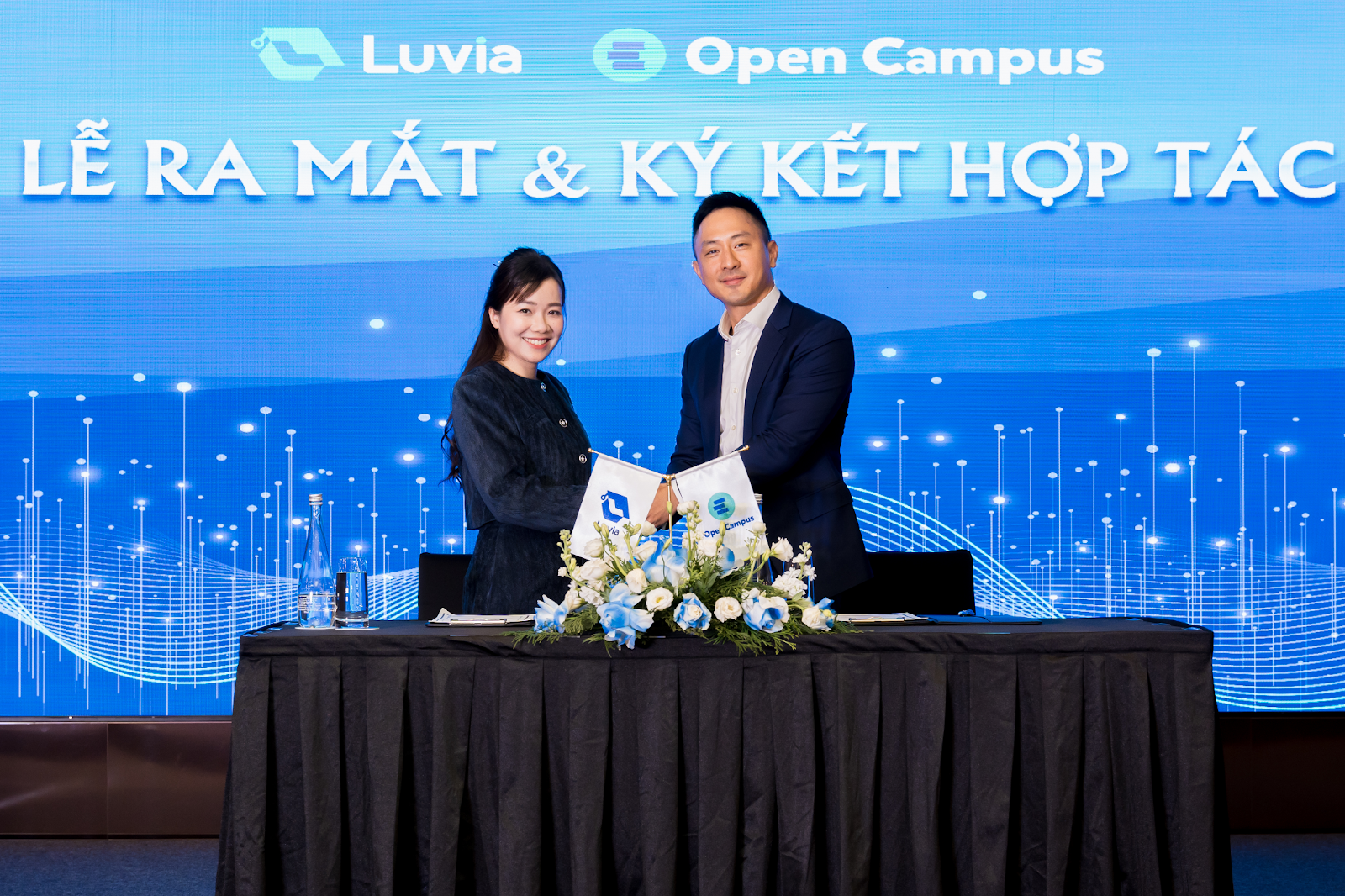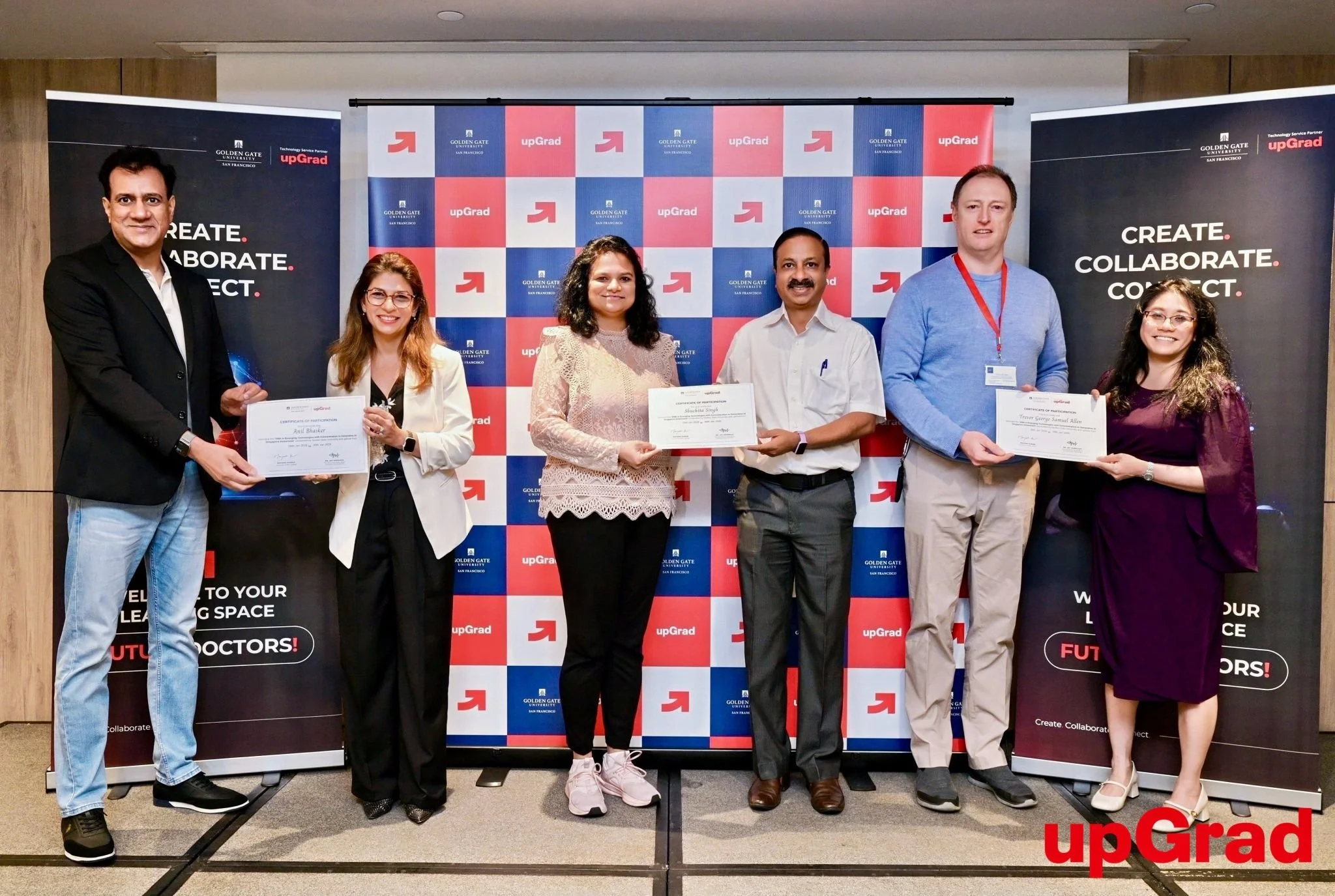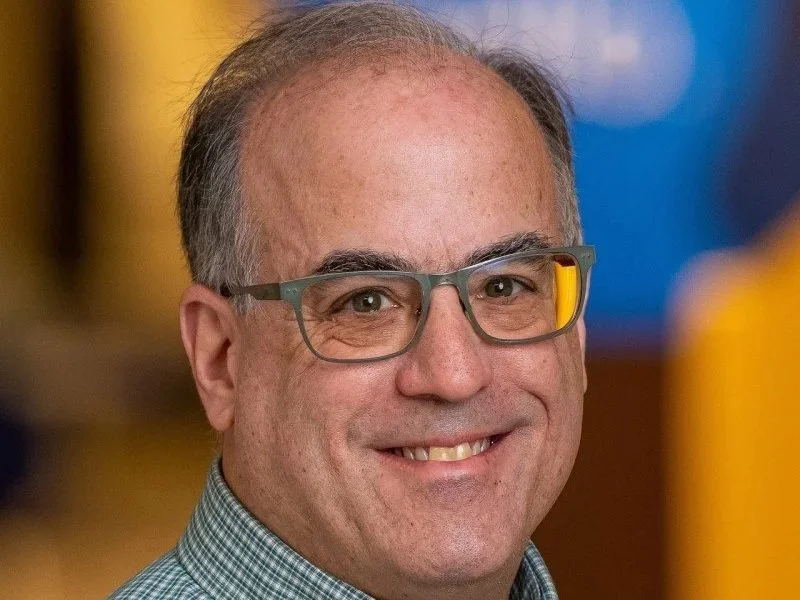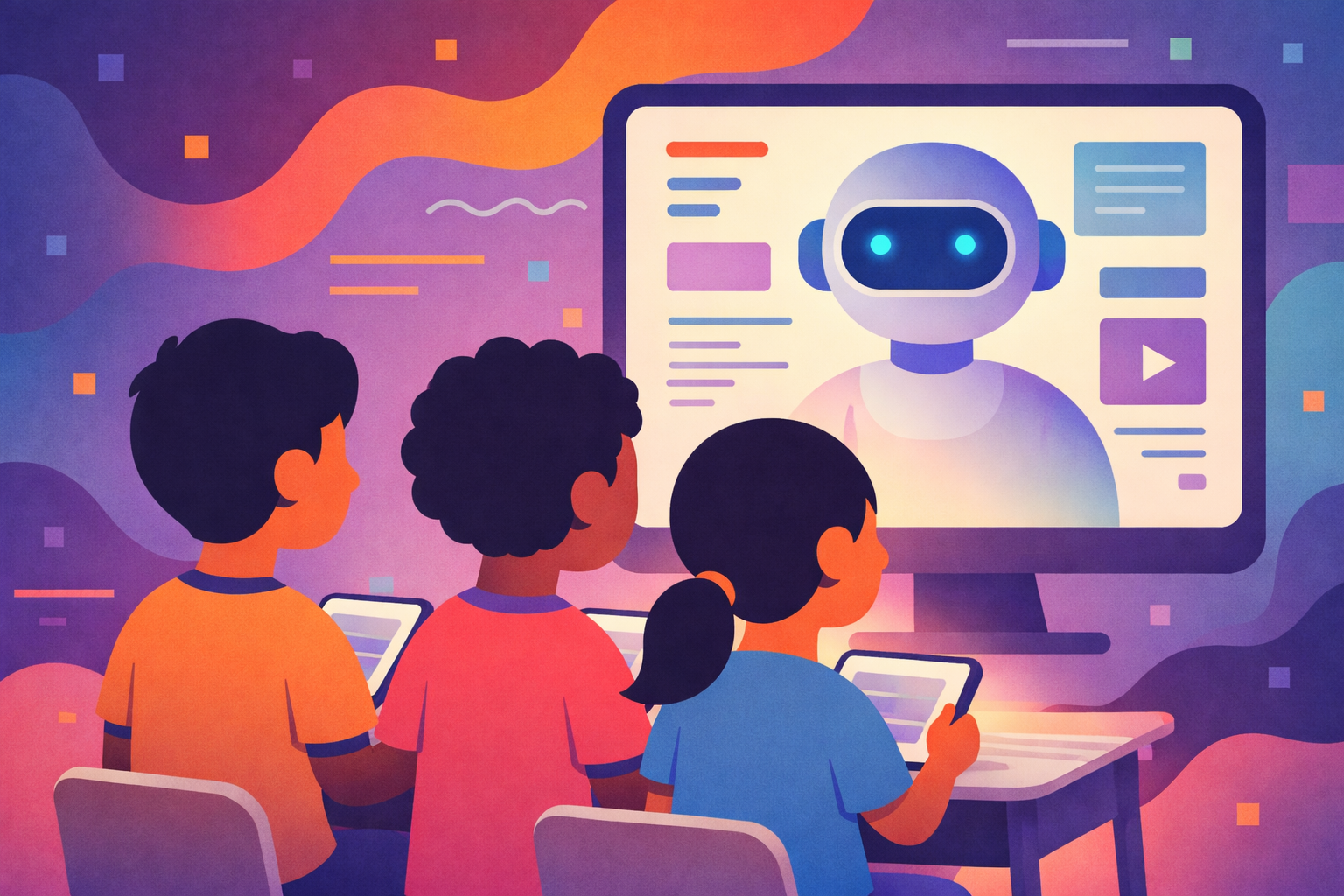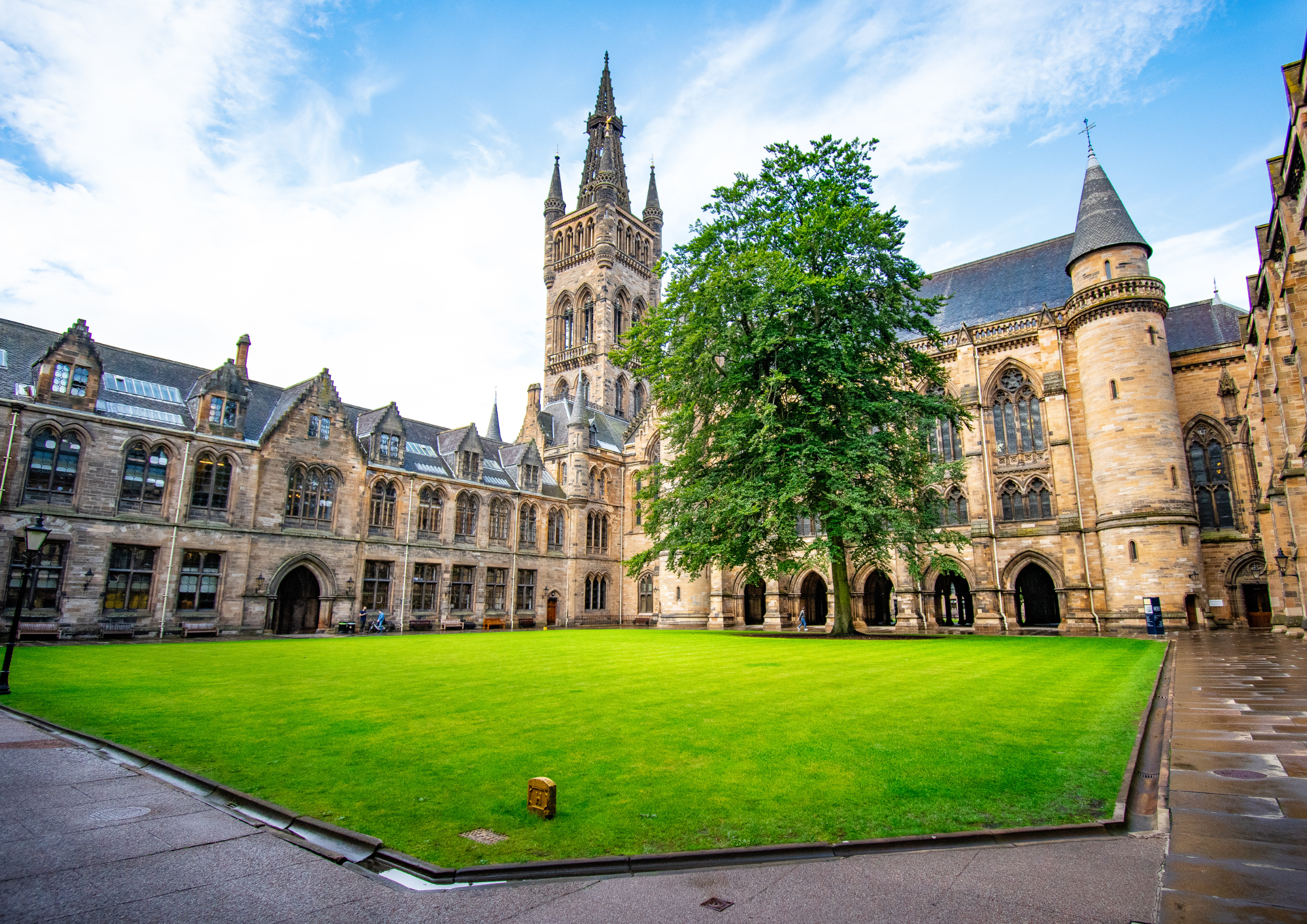Google sets out new Africa plan with subsea hubs, student AI access, and language expansion
James Manyika, SVP for Research, Labs, Technology & Society at Google, has outlined new connectivity and skills programs for Africa in a company blog.
Google says the initiatives will expand digital infrastructure, give students access to advanced AI tools, and support African language resources.
Google confirms four subsea hubs
Google will establish four subsea cable connectivity hubs in the north, south, east, and west of Africa. The company says the hubs will create new digital corridors and strengthen international connections. Manyika says, “At Google, we believe that access to AI — which requires not only connectivity and products, but the training to use it — is essential for unlocking opportunities and expanding the innovation capacity of young Africans.”
The announcement follows a 2021 pledge to invest $1 billion in African connectivity, which Google says has already been exceeded. Existing projects include the Equiano cable on the west coast, the Johannesburg Google Cloud region, and Umoja, a fiber route linking Africa with Australia. The company points to analysis estimating Equiano’s impact on GDP this year at $11.1 billion in Nigeria, $5.8 billion in South Africa, and $290 million in Namibia.
Free AI Pro access for students
Google will provide a free one-year subscription to Google AI Pro for eligible college students aged 18 and over in Egypt, Ghana, Kenya, Morocco, Nigeria, Rwanda, South Africa, and Zimbabwe. The rollout is expected “in the coming weeks” and includes access to Gemini 2.5 Pro, Deep Research, and Guided Learning features.
The company also highlights ongoing training commitments, with seven million Africans reached so far and plans for three million more students, young people, and teachers by 2030. Google reports $17 million in recent university and research institution funding, with an additional $9 million scheduled.
Language expansion and research targets
Manyika points to language access as a barrier to knowledge. Google has added 110 new languages to Translate, including more than 30 from Africa, and plans to expand datasets and voice models to cover more than 50 African languages, with 24 speech datasets due next year.
Its AI research teams in Kenya and Ghana are working on projects such as flood forecasting, crop resilience, and open building data. By 2030, Google aims to reach 500 million Africans with AI-powered tools. Manyika says, “AI creates an unprecedented opportunity to benefit everyone, and Google is committed to making that a reality for people, businesses and communities across Africa.”
The ETIH Innovation Awards 2026
The EdTech Innovation Hub Awards celebrate excellence in global education technology, with a particular focus on workforce development, AI integration, and innovative learning solutions across all stages of education.
Now open for entries, the ETIH Innovation Awards 2026 recognize the companies, platforms, and individuals driving transformation in the sector, from AI-driven assessment tools and personalized learning systems, to upskilling solutions and digital platforms that connect learners with real-world outcomes.
Submissions are open to organizations across the UK, the Americas, and internationally. Entries should highlight measurable impact, whether in K–12 classrooms, higher education institutions, or lifelong learning settings.
Winners will be announced on 14 January 2026 as part of an online showcase featuring expert commentary on emerging trends and standout innovation. All winners and finalists will also be featured in our first print magazine, to be distributed at BETT 2026.








